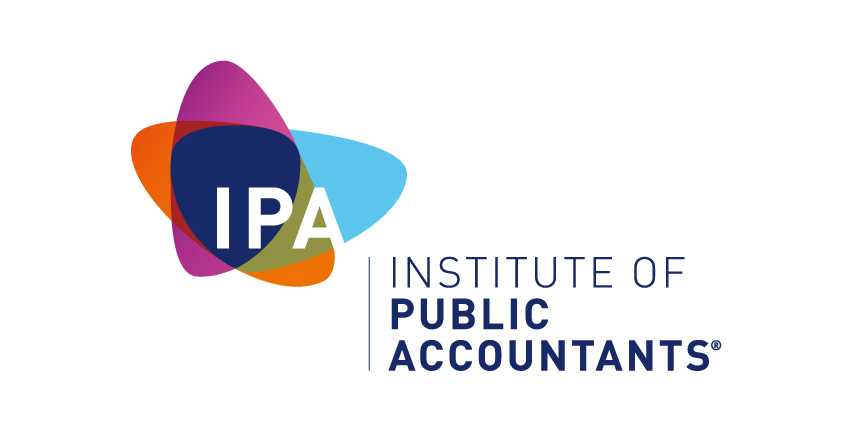Increasing access to company losses
Increasing access to company losses
The IPA welcomes the opportunity to provide a submission to the Treasury in relation to Tax and Superannuation Laws Amendment (2016 National Innovation and Science Agenda) Bill 2016: Access to losses (Exposure Draft).
The IPA is a professional organisation for accountants who are recognised for their practical, hands-on skills and a broad understanding of the total business environment. Representing more than 35,000 members and students in Australia and in more than 81 countries, the IPA represents members and students working in industry, commerce, government, academia and private practice. More than 75 per cent of our members work in or with small business and SMEs and are recognised as the trusted advisers to these sectors.
IPA welcomes the abovementioned exposure draft aimed at addressing long standing issues with some companies carrying forward and claiming income tax losses. The changes are a step in the right direction. The existing same business test is very restrictive and can lead to the stifling of innovation in order to ensure that existing losses remain available. Any Steps to liberalise the same business test would be good for the economy and for taxpayers.
The existing same business test (SBT) rules that determine whether companies can use past losses to reduce its taxable income are not fit for purpose in an environment that requires companies to quickly adapt to changing circumstances. The SBT is restrictive and can lead to barriers to innovation. It has been interpreted very narrowly inhibiting a company's ability to adapt by discouraging companies seeking new investors and exploring new profit making activities.
The SBT particularly disadvantaged small companies or a start-up who may only have one income stream as opposed to larger more established companies who could offset the losses from one business activity against another activity in any given year.
Whilst we are supportive of the relaxation of the SBT rules, the proposed changes to address the long standing issues may not achieve the desired policy intent due to the uncertainty it creates. Our main concern is the requirement that changes made to the business are ones that would be reasonably expected will result in ATO officers and taxpayers needing to obtain evidence of what such businesses would do. This requires either a large degree of business experience – which ATO officers may not have – or a potentially expensive and time-consuming evidence collection exercise.
Furthermore, what others may, or may not, do may not necessarily be relevant to assessing the outcomes for a particular company’s circumstances. The reasonably expected test will be difficult to apply in practice and may also lead to increase compliance costs.
We recommend section 165-211(2) (c) which requires the taxpayer to consider what other “similarly placed” businesses would “reasonably” have been expected to do be removed.
Lastly, we recommend the retrospective application of the relaxation of the SBT rules be considered to allow businesses with existing carried forward tax losses to innovate and grow. As a result of the global financial crisis a number of businesses may still be utilising carried forward tax losses who may be hesitant to adjust their businesses in case they fail the Continuity of Ownership Test and have to rely on passing the SBT. We recommend consideration be given to allowing the “similar business test” to be applied retrospectively so that it may be applied by such businesses.
The IPA welcomes the opportunity to discuss further any of the matters we have put forward in our submission. Please address all further enquires to myself
([email protected] or 0419 369 038).
Yours sincerely,
Tony Greco FIPA
General Manager Technical Policy
Institute of Public Accountants
